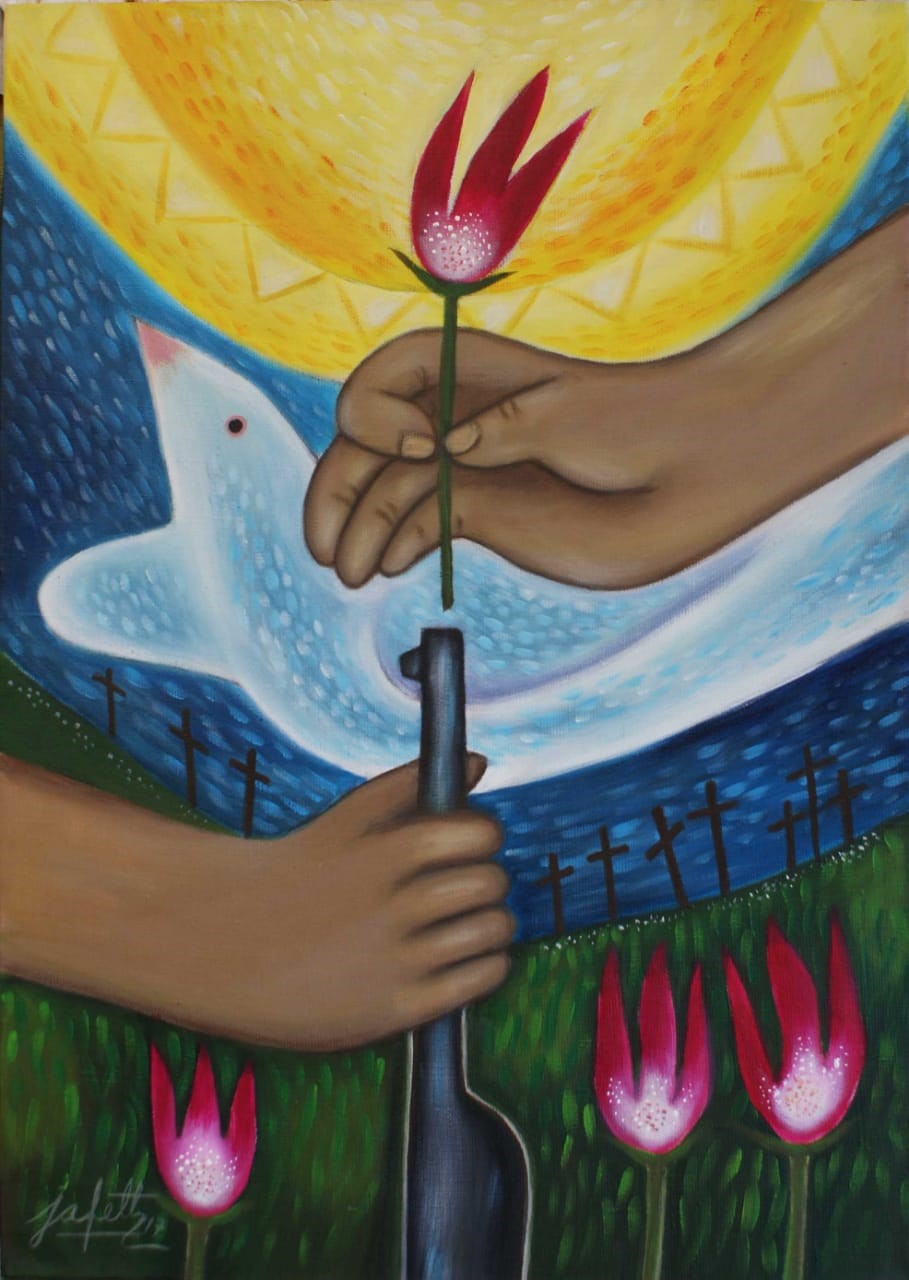Levels of violence against communities and social organizations continue to rise since the signing of the Peace Agreement in 2016. The consolidation of the territorial presence of illegal armed groups and the absence of a policy to protect the rights of communities, organizations and social leaders expose the territories to serious security risks.
Faced with this situation, organizations and different social actors have decided to promote territorial humanitarian agreements as mechanisms to mitigate the human rights violations and promote conflict resolution. The agreements will contribute towards building social dialogue and promote state dialogue with illegal armed actors.
The appeal of communities and social organizations for such mechanisms is based on the recognition and application of the international humanitarian law standards and international human rights law through the subscription by legal and illegal armed actors to humanitarian agreements in different regions of the country.
These peaceful initiatives for the resolution of conflicts are being propelled at the territorial level since the signing of the Peace Agreement as a mechanism to promote negotiated withdrawals from the conflict and to offer guarantees for political participation, especially this year’s elections.
The first experiences were conducted in the regions of Catatumbo and Chocó. These have been replicated in territories such as Cauca, the Magdalena Medio Valley and Putumayo. A vision to be able to foresee a global humanitarian pact was retained so that it considers the whole territory and that it shelters all the armed groups.
These proposals have a strong pedagogical character. They were born from the recognition of the intermediary role that social organizations can play in the process of dialogue with the various armed actors. And, the need to promote the territorial appropriation of the Peace Agreement, an essential element in the process of implementing and building peace.
Until now, the Duque government is reluctant to recognize and endorse the Humanitarian Agreement proposals. It is necessary that the international community subscribes and supports these initiatives. Urgent pressure on the current and next government of Colombia is required so that a dialogue is established with the armed groups and offers a political solution to the conflict.
Photo: Maestro Jafeth Gómez

